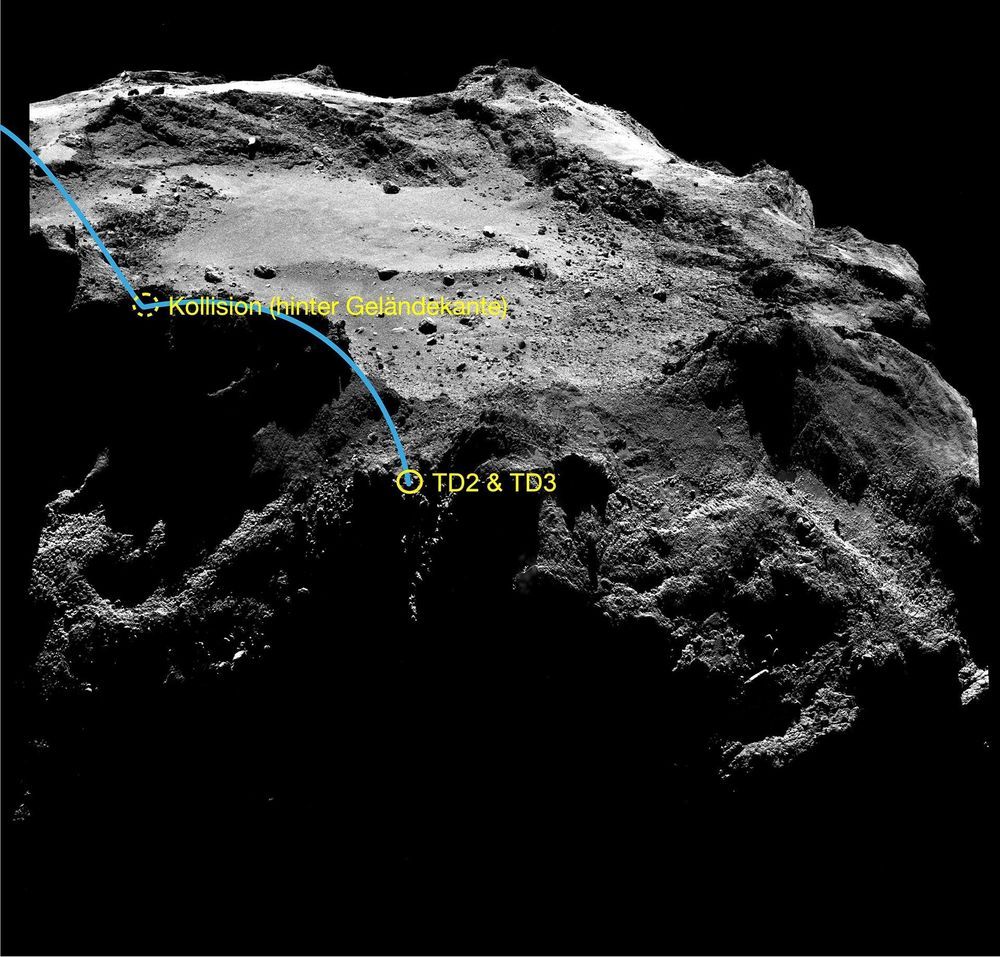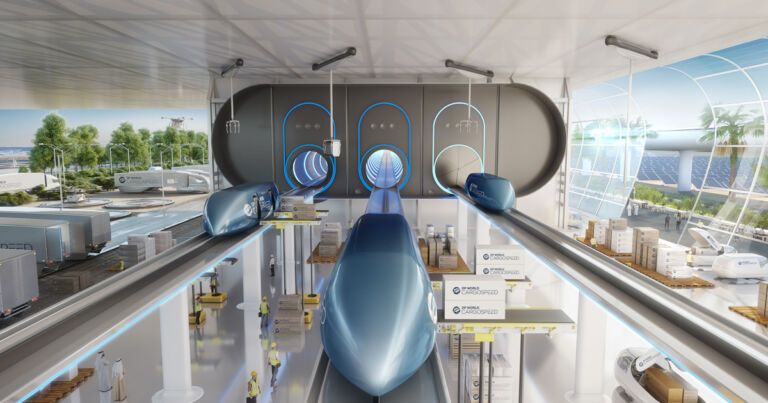The great powerful guppy can essentially evolve 10 million times faster than usual. Which could lead to humans evolving faster too leading to a biological singularity.
Although natural selection is often viewed as a slow pruning process, a dramatic new field study suggests it can sometimes shape a population as fast as a chain saw can rip through a sapling. Scientists have found that guppies moved to a predator-free environment adapted to it in a mere 4 years—a rate of change some 10,000 to 10 million times faster than the average rates gleaned from the fossil record. Some experts argue that the 11-year study, described in today’s issue of Science,* may even shed light on evolutionary patterns that occur over eons.
A team led by evolutionary biologist David Reznick of the University of California, Riverside, scooped guppies from a waterfall pool brimming with predators in Trinidad’s Aripo River, then released them in a tributary where only one enemy species lurked. In as little as 4 years, male guppies in the predator-free tributary were already detectably larger and older at maturity when compared with the control population; 7 years later females were too. Guppies in the safer waters also lived longer and had fewer and bigger offspring.
The team next determined the rate of evolution for these genetic changes, using a unit called the darwin, or the proportional amount of change over time. The guppies evolved at a rate between 3700 and 45,000 darwins. For comparison, artificial-selection experiments on mice show rates of up to 200,000 darwins—while most rates measured in the fossil record are only 0.1 to 1.0 darwin. “It’s further proof that evolution can be very, very fast and dynamic,” says Philip Gingerich, a paleontologist at the University of Michigan, Ann Arbor. “It can happen on a time scale that’s as short as one generation—from us to our kids.”







